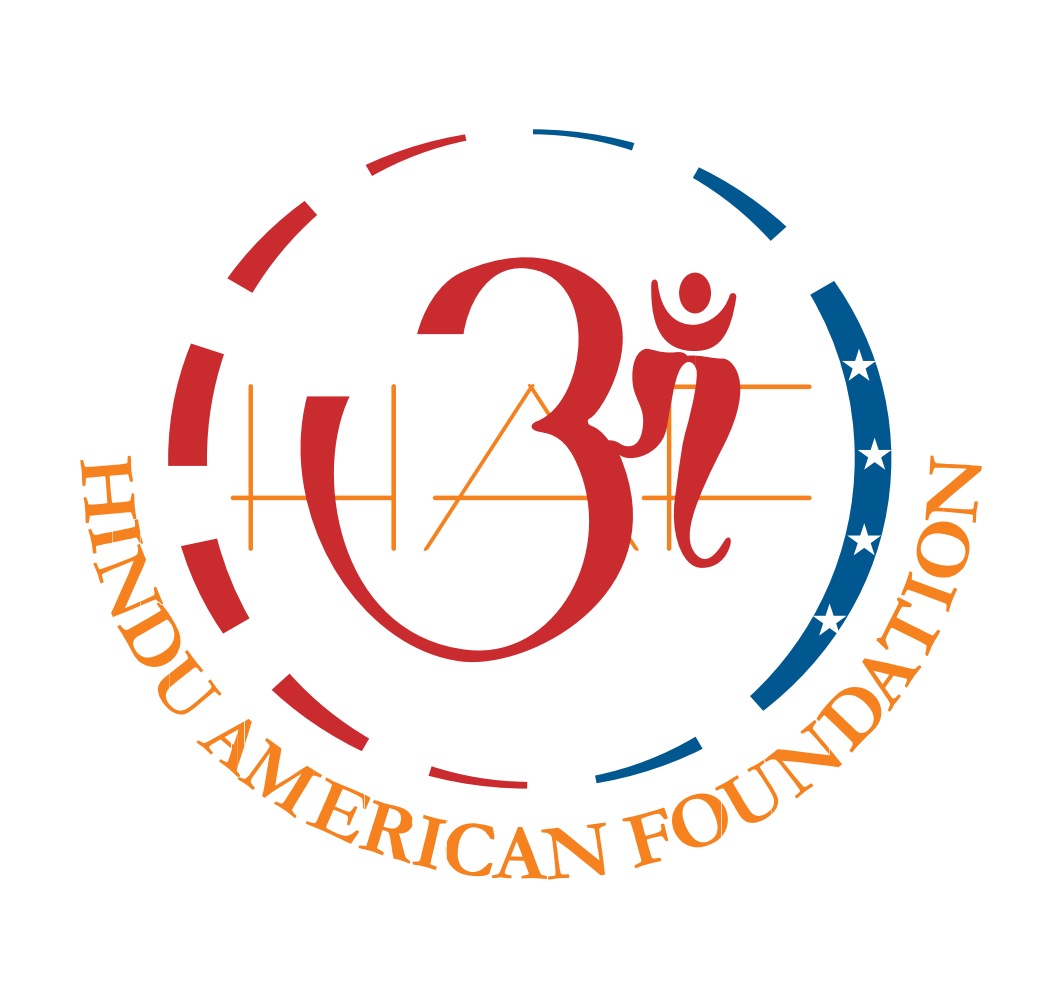 The Hindu American Foundation (HAF), an advocacy organization for the Hindu American community, is announcing a campaign to keep Hindu and Indian history included and accurate in California textbooks. The campaign will begin with the April 6 launch of the social media hashtag #DontEraseIndia, and will end with the State Board of Education’s hearing on May 11-12 when a decision will be made on whether to erase or misrepresent several references to Hinduism and India in the textbook frameworks.
The Hindu American Foundation (HAF), an advocacy organization for the Hindu American community, is announcing a campaign to keep Hindu and Indian history included and accurate in California textbooks. The campaign will begin with the April 6 launch of the social media hashtag #DontEraseIndia, and will end with the State Board of Education’s hearing on May 11-12 when a decision will be made on whether to erase or misrepresent several references to Hinduism and India in the textbook frameworks.
HAF will also release an anti-bullying report in May, in which Hindu and Indian-American youths will speak out about the bullying they experience as a result of cultural stereotypes and a misunderstanding of their heritage and religion.
“My classmates and teachers think that we Hindus still believe in primitive and unjust practices…the experience I had [in sixth grade] clearly shows that my class was not helped to become aware or accepting of my heritage, nor was I allowed to remain secure in my beliefs,” said 9th grade Pleasanton student, Akanksha Maddi, who recently testified before CDE’s Instructional Quality Commission (IQC). “I don’t want my friends to look down upon me and my culture because of my textbook. It’s unfair…What I ask is for fairness and dignity. Is that too much to ask for?”
Since 2014, HAF has been fighting to update the textbook framework put forth by the California Department of Education (CDE), which continues to reinforce cultural stereotypes and historical inaccuracies. This effort is largely motivated by a desire to eliminate any bullying of Indian and Hindu youths in California schools caused or exacerbated by these inaccuracies. Other groups, including the Hindu Education Foundation and Uberoi Foundation, along with several scholars, such as University of San Francisco Professor Vamsee Juluri and Saint Mary’s College of California Professor, Barbara McGraw, have also been heavily involved in the process to ensure an accurate representation of Hinduism and India in the framework.
“For many years the American perception of Hinduism and India has been wrong, in part due to the content of California textbooks,” said Samir Kalra, Esq., Senior Director and Human Rights Fellow of theHindu American Foundation. “HAF is dedicated to correcting these inaccuracies. The hearing is important on many levels, but mostly to prove that the state is making it a priority to correctly understand and accurately portray the cultural and religious heritage of its citizens—in this case, the approximately one million Hindus that call California home.”
Recently, a small group of South Asian studies faculty members got involved and reversed some positive changes and proposed other changes that would essentially write India out of California textbooks and that would, again, misrepresent the fundamentals of Hinduism. Their recommendations also contradicted previous submissions by a larger group of scholars of religion and history who had called for greater nuance and sensitivity in regards to Hinduism and Hindu history. The IQC accepted a few of the changes brought by this group, and will send a final set of recommendations to the State Board of Education. In May, a final decision will be reached, and a final draft of the framework will be created.
Beginning on April 6, HAF will deploy a social media campaign with the hashtag #DontEraseIndia to raise awareness of HAF’s efforts to revise the CDE textbook framework and of the upcoming anti-bullying report that HAF will release following the State Board of Education hearing. The anti-bullying report will be released in May 2016, and will include testimonies and data surrounding the effects of the textbook inaccuracies on school-aged children.
Not coincidentally, April 6 marks the 86th anniversary of Mahatma Gandhi’s Salt March, which marked the start of the civil disobedience movement to protest British rule in India.
Source: http://palmspringsnewswire.com/2016/04/06/hindu-american-foundation-launches-donteraseindia-campaign/





